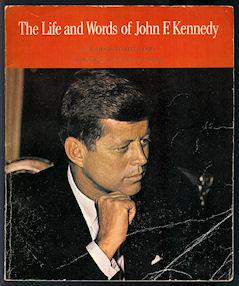

Where Wood sometimes falters is in his progress from practical criticism to the mighty conclusion.

The foregoing is merely a bad case of literary manners, of course, which one can take or leave while continuing to relish the verve of Wood's insights.

Why, Wood – modesty breaking out all over the place – admits to writing a "little book" himself. His hero Henry Green once gave a "little talk" at the BBC. Wood apparently got his inspiration from Ruskin's "little book" The Elements of Drawing. There are the intent prolepses ("I return to the question of artifice and lifelikeness in 'Truth, Convention, Realism', paragraphs 111-122"), the habit of pronouncing taxonomic judgment on absolutely everyone mentioned (poor old A C Benson, dragged into a foot-note, can't just be "the writer A C Benson", he has to be "the minor English writer A C Benson"), above all that de haut en bas Cambridge combination room use of the adjective "little". No one minds enthusiasm, of course, but when Wood admires a particular sentence he crows over it: "What a piece of writing this is!" (What Maisie Knew) "What an amazing opening!" (a Chekhov story) "How fine this is!" (Marilynne Robinson). Style-wise, all this realises a quaint academicism not seen in English letters for the best part of a century. Even better, consequently, is Wood's dissection of an extract from John Updike's Terrorist, in which he convicts Updike of stuffing in so much character-forming detail that he ends up playing his creation false. A closely inspected passage from Henry James's What Maisie Knew, in which he demonstrates how the authorial gaze oscillates between Maisie, the wider community in which Maisie operates and the writer himself, is made easier by James's mastery of the point of view. The mark of Wood's dexterity, as chapters on Detail, Character, Language and Dialogue rapidly succeed one another, all broken up into a series of daintily numbered paragraphs, is his ability to extract useful lessons from the sight of a major-league talent getting it wrong. Some of the best bits of this brief but luminous primer – and they are very good indeed – come when Wood strips the engine of some fabled fictional juggernaut down to its component parts with the aim of establishing just how a piece of prose works to bring off its effects, the way in which, as he puts it, a novel "teaches us how to read its narrator". Whatever one may think about James Wood's constant ejaculations, his ceremonious name-dropping ("W G Sebald once said to me.") and his lecture-hall mannerisms – more of these in a moment – he really is an A-grade exponent of what university syllabi used to call "practical criticism".


 0 kommentar(er)
0 kommentar(er)
